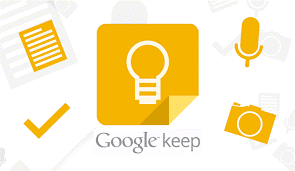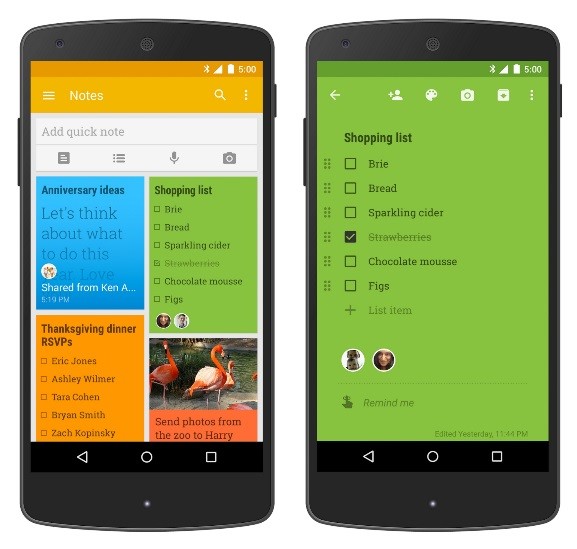Ahead of this month’s eCoffee we asked colleagues for recommendations for tools that support organisation, planning and efficiency, and took the opportunity during the session to try some of these out.
Office 365 and Microsoft Teams
Office 365 includes various connected tools that can support more efficient working, all of which can be accessed via https://southampton.ac.uk/365. Since introducing Teams in a previous eCoffee session, usage has increased across the university, with many colleagues finding it a valuable tool for team working.
One aspect of Teams that colleagues appreciate is the way it builds functionality on top of Sharepoint, enabling discussion and context around shared documents. Files in (for instance) Word, Excel or PowerPoint can be edited by multiple authors in a web browser or desktop application, with version control ensuring it is possible to return to earlier drafts.
Some expressed concerns about managing multiple communication channels. While this can be a challenge, Teams can also make communication more efficient. Useful information about events or articles can be shared on Teams rather than by mailing lists, with specific questions directed to individuals (using @[name]) or the whole team ( @[Team name]). Establishing how Teams is best used within a group can take a little bit of time, but many present reported they are now finding it a really helpful way of working.
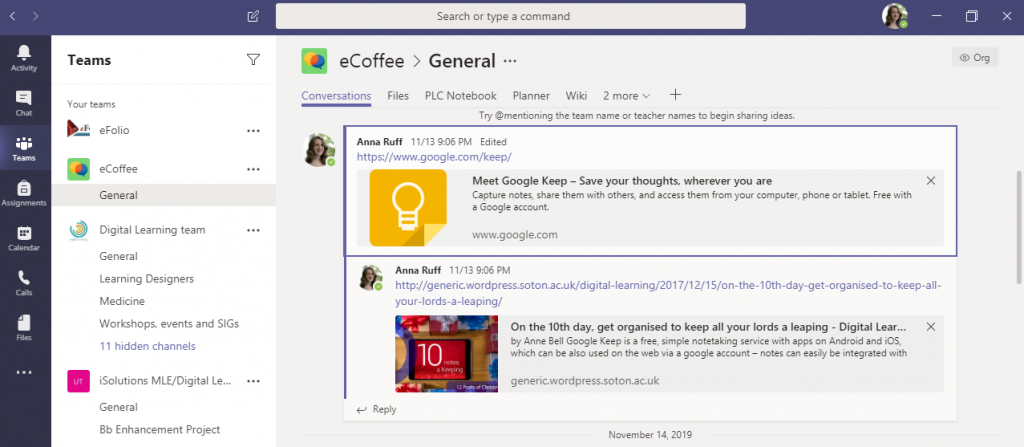
After accessing Teams through https://southampton.ac.uk/365, it’s possible to download the desktop app (the download icon is towards the bottom left). There is an option to join or create teams via the link at the foot of the teams list, and clicking on the three dots next to a team or channel name allows you to manage access and notifications. Further Teams help is available on the university’s Office 365 Sharepoint site here.
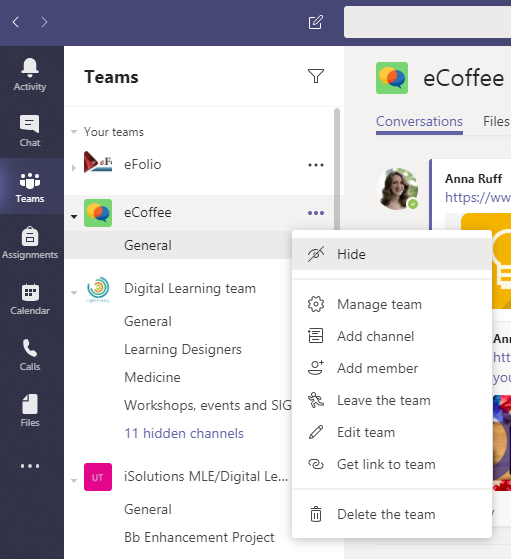
Team settings menu 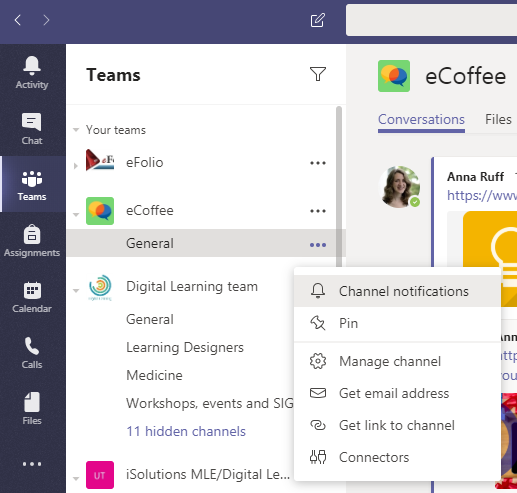
Channel settings menu
Teams offers various add-ons including Planner, which works in a similar way to Trello, another recommended tool. Both allow project information to be collated in a single space, and broken down into individual tasks; these can be assigned to individuals, set deadlines and linked to particular files.
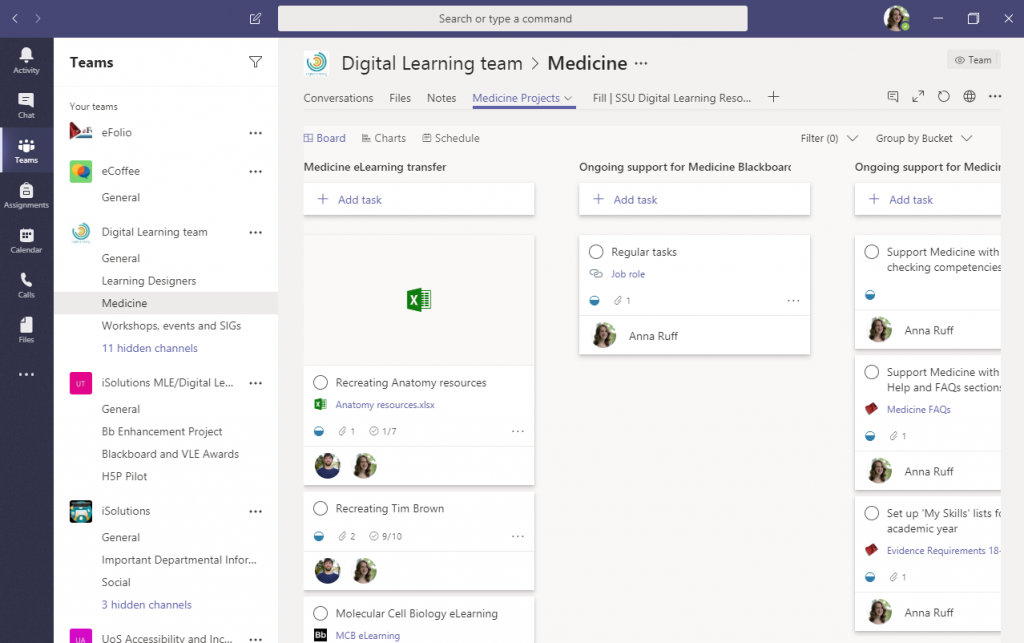
Office 365 also includes Microsoft’s To Do, which integrates with Outlook and Planner to help further organise ‘to-do’ lists. It includes a ‘My Day’ section, allowing you to focus on tasks for that day which can help if you feel overloaded.
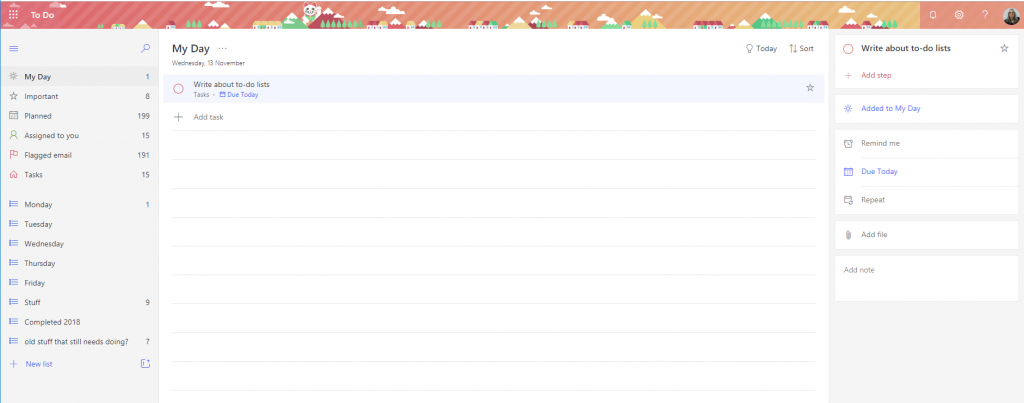
Forms is another tool in Office 365, offering a straightforward option for creating surveys and quizzes. We used this to gather information ahead of and during the session, finding it a useful tool in helping plan the session content.
Google Keep
While Office 365 is accessed and supported through your university account, those who use Google docs or Gmail might also find another recommended tool, Google Keep, helpful. We briefly explored its options for dictating notes, and scanning handwritten notes to convert to text, which were fairly successful. Read more about Google Keep in this blog post by Anne Bell.
Other tools
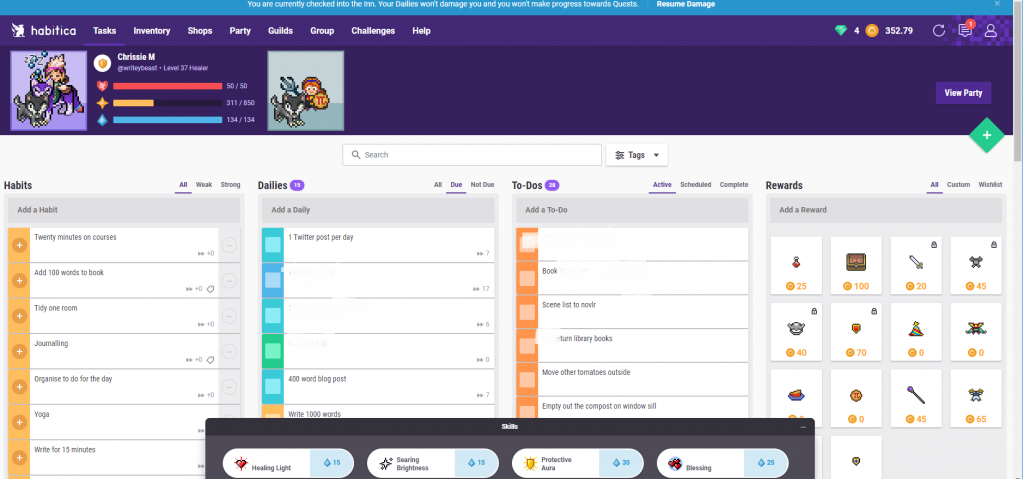
Among the numerous other organising and planning tools available, we were intrigued by Habitica, which introduces elements of gamification to help motivate you to complete tasks. For more about this and other tools available, download Chrissie Metcalf’s helpful overview below.
We’ll be revisiting Teams in our next session, looking at ways of delivering video meetings and tutorials. The session will be in LF8 on Weds 18th Dec, and as well as useful tips, mince pies and other festive snacks will be on offer! All very welcome.


